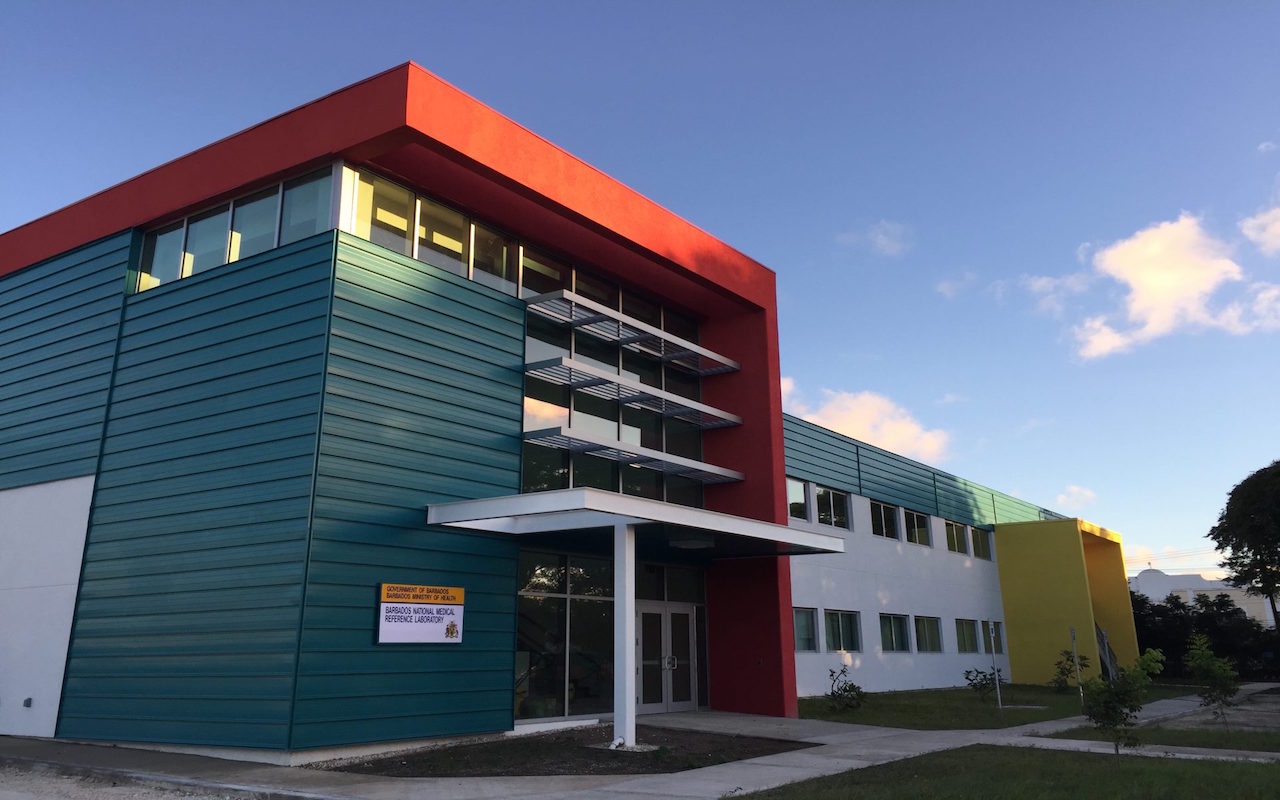The national public health laboratory has now gained the resources to detect the growing range of coronavirus variants, according to Minister of Health Lt Col Jeffrey Bostic.
He said: “The Best-dos Santos Public Health Laboratory [has] been given some kits that give us the capacity to be able to do the first level of testing for all variants, and we have actually been able to put that into practice to a limited extent, especially with the UK variant, but we have had to send some of our equipment to be recalibrated to be able to make use of this provision. We are moving in that direction so that at least we would have an idea as to the presence of other variants in this country.”
Previously, samples of the virus taken from patients were sent to the Caribbean Public Health Agency (CARPHA) in Port of Spain for genomic testing to identify COVID-19 strains.
Lt Col Bostic noted that CARPHA and other agencies will still be used for some variant testing as a way to exercise the highest level of caution.
Lt Col Bostic described the development as “exciting” news as the Government looks to expand the role of the lab. He was speaking during an appearance on the last episode of the COVID Communication Unit’s COVID Queries programme on CBC Television on Monday.
The Health Minister further explained that the lab had been able to test for variants “to a limited extent”, particularly the UK variant. This strain, known as B-117, which has been detected here has been blamed for a rash of infections and a seven-fold rise in the death rate since the start of the year compared with all of 2020.
The World Health Organisation renamed the British variant, one of the earliest known strains of the coronavirus, the “Alpha variant” when it rolled out a Greek alphabet naming system for the strains on Monday.
Lt Col Bostic added: “We had to send some of our equipment overseas to be recalibrated to be able to make use of this provision. We are moving in that direction so that at least we will have an idea as to the presence of other variants in this country. Even though we may have to send it over to CARPHA (Caribbean Public Health Agency) or to a Canadian lab that we are partnering with, as well, to be able to give us the confirmatory evidence.”
Government had already taken steps to broaden the public health laboratory’s services to include research and development, the health minister said. He added that its future services would also utilise the knowledge and experience of Barbadians in the diaspora.
He disclosed that the Government had already met with these individuals who are keen to help the Best-dos Santos Public Health Laboratory become a “centre of excellence”. (BT/BGIS)




